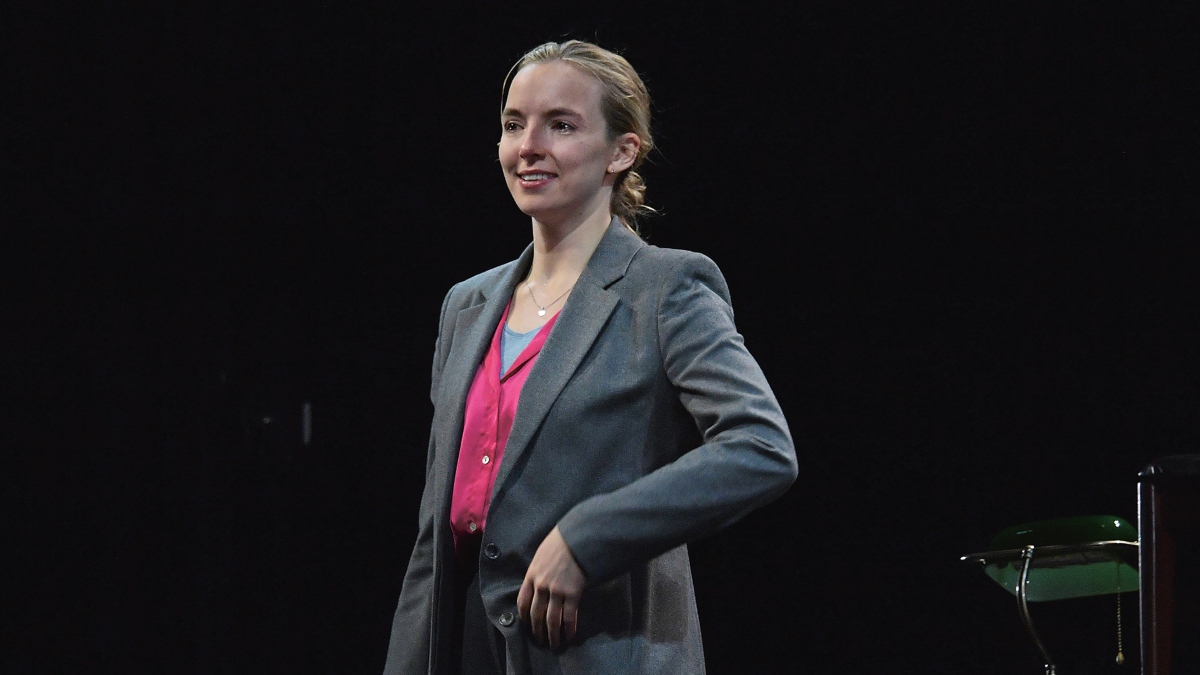The #MeToo movement originates from the Myspace of a sexual assault survivor and activist by the name of Tarana Burke. In 2006, Burke coined the phrase and singlehandedly started the movement, encouraging all sexual assault survivors to come forward and share their stories. However, it wasn’t until 2017 that the hashtag was implemented to draw attention to the growing number of silenced sexual assault victims and the magnitude of the issue.
The tactic was intended to empower survivors through empathy and solidarity by encouraging those affected to speak out about their experiences with sexual assault and harassment, especially in the workplace. It was the 2017 sexual assault allegations against Harvey Weinstein that spread the hashtag virally, followed by a number of high-profile celebrities partaking to raise awareness. After #MeToo went viral, Facebook put things into perspective and reported that almost half of its American users were friends with someone who said they had been sexually assaulted or harassed.
In 2019, playwright Suzie Miller released Prima Facie. The play premiered in 2019 at the Stables Theatre in Sydney, Australia. From 2022 to 2023, Killing Eve star Jodie Comer has taken the one-woman show from the Harold Pinter Theatre on London’s West End to the John Golden Theatre on New York’s Broadway. She stars as Tessa, a criminal defense barrister who specializes in defending men accused of sexual assault, and whose view of the legal system drastically changes when she is sexually assaulted herself.
On June 28, I had the absolute pleasure of witnessing Prima Facie first-hand at the John Golden in New York’s Theatre District. I went in with massive expectations, especially after watching Jodie Comer make a name for herself in Hollywood from her humble beginnings on My Mad Fat Diary. Let’s address the elephant in the room before we proceed; I myself am a sexual assault survivor, so this hit too close to home for me. But I wanted to push my personal attachment to the subject matter aside to assess Comer’s performance, knowing nothing about her own past and whether she herself related as strongly as I.
If she didn’t, she could have fooled me. From start to finish, Comer delivers one of the most stimulating performances I’ve ever seen on stage. She doesn’t just fool the audience with the facade of an abuse victim, she embodies all the different emotions of enduring such an event. We go on a journey with Tess that evolves from off-hand arrogance and ignorance to soul-crushing distress and, finally, newfound empathy. It isn’t just in her delivery or ability to shed tears on cue that sets Comer apart from any other actress out there. She speaks from the heart, just as passionately as if — we assume — she relates to Tess somehow.
We’ll applaud Comer’s multi-tasking (awarded with a well-deserved Olivier Award for Best Actress) as she remembers an hour and a half of dialogue and executes it flawlessly, taking on numerous roles within Tess’ immediate circle, i.e. a mother, a friend, an abuser. But it’s Comer’s closing monologue that truly sticks with me.
“One in three women. Look to your left. Look to your right. It’s one of us. I don’t get to decide, no. No. My life is in the hands of the police, the CPS, the court system — I have no control. So much is at stake. My family, my privacy, my friends. Everything. I’m scared.”
And even though Comer’s eyes are flooded with tears by this point, you don’t find them to be forged. This isn’t daytime television where you might find yourself with a lump in your throat or a tear in your eye, this is when you’ll feel a heaviness in your heart and a quiver in your lip. Although she might be a talented actress, she doesn’t portray the aftermath of sexual assault as make-believe. She delivers the monologue with every survivor in mind, directly calling out a very flawed, very discriminatory system.
“Remember the law says… it says you cannot do this to a woman. You can’t hold her down, you can’t keep her trapped while you… push yourself inside of her. You can’t rape and pretend that it was consensual, can you?”
And in her closing lines, she addresses us — the victims — directly. There’s no denying that Comer must have tapped into some previous trauma of her own to bring Tessa’s emotions to the forefront. I know that every individual seated in that theatre, myself included, who resonates with Tessa’s story can see a reflection of themselves in Comer’s portrayal. It isn’t forced. It isn’t false. It’s raw and real and true.
“Look to your left. Look to your right. I am broken, too. But I am still here. And I will not be silenced.”
All at once, Comer addresses the victims, the perpetrators, the bystanders, and the unjust law system. She gives a voice to all those who were silenced by their abusers and who sat in court across from them as the judge declares them not guilty. Although some of us have lost the battle, we continue to fight the war. There’s no doubt in my mind that Prima Facie will be the driving force behind a generational shift, but even if nothing changes today, or tomorrow, or the next day, our voices will have been heard.
“Somewhere, sometime, somehow… something has to change.”
